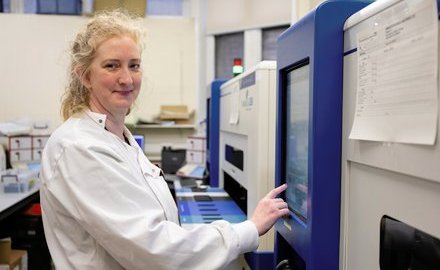We offer a range of membership options to be inclusive of those who are working or interested in pathology.
The main route to membership is to become a fellow of the College via the examinations or published works application process. If you are not eligible for fellowship, you can still support the College by joining as an affiliate member. Please see below to find the most suitable option for you.








